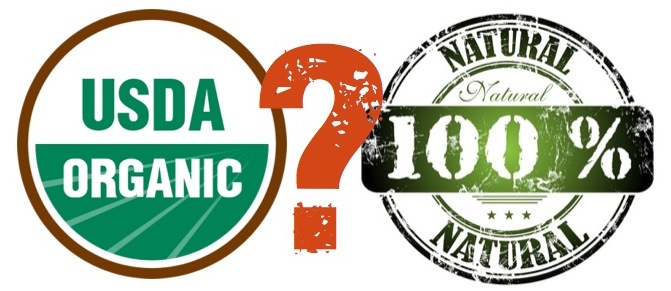The USDA’s Inspector General recently released its annual report on the National Organic Program (NOP). The report found widespread problems with the NOP that could result in “reduced U.S. consumer confidence in the integrity of organic products imported into the United States.” The report cites the USDA’s Agricultural Marketing Service’s (AMS) failure to reconcile organic standards between different countries, verify documents at U.S. ports of entry and conduct mandatory audits of major exporters.
In visits to seven U.S. ports of entry, the IG found produce shipments of all kinds are fumigated at the border to prevent pests from entering the country. That practice, according to the IG, runs counter to the assurance U.S. consumers get from the NOP that “foreign agricultural products maintain their organic integrity from farm to table.” The IG recommends that the NOP come up with performance measures for timely audits and suggests adoption of a schedule to review each participating country every two years.
The failure of the AMS to do their job is inviting trouble. Food fraud is big business and will probably be even more so after this report is shared across the globe. If a farmer can sell his non-organic wheat as organic for twice the price, he might consider it, or he might not. But what about a wholesale broker run by a criminal enterprise looking for new sources of income, would they think twice about reclassifying products as organic to make more profit? Probably not.
Hopefully the IG report will lead to significant changes for the NOP, but in the meantime consumers should be vigilant about identifying the source of their organic foods. Maybe you’ll think twice about spending extra money on organic food that probably isn’t organic.
If you have questions about products labeling, contact our attorneys at Morsel Law.


